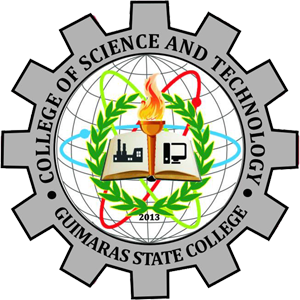Program Objectives
- Develop students for a career in the industry equipped with adequate knowledge and skills to become competent applications developer, computer science instructor, database programmer/designer, information security engineer, quality assurance engineer, researcher, systems developer and systems analyst.
- Strengthen students capability to become competent global practitioners by actively engaging them through the application and utilization of information and communication technology on instruction, research, extension and production.
Program Outcomes [CMO 25, s. 2015 Section 6.3.A]
- Apply knowledge of computing fundamentals, knowledge of a computing specialization, and mathematics, science, and domain knowledge appropriate for the computing specialization to the abstraction to the abstraction and conceptualization of computing models from defined problems and requirements.
- Identify, analyze, formulate, research literature, and solve complex computing problems and requirements reaching substantiated conclusions using fundamental principles of mathematics, computing sciences, and relevant domain disciplines.
- An ability to apply mathematical foundations, algorithmic principles, and computer science theory in the modeling and design of computer-based systems in a way that demonstrates comprehension of the tradeoffs involved in design choices.
- Knowledge and understanding of information security issues in relation to the design, development, and use of information systems.
- Design and evaluate solutions for complex computing problems, and design and evaluate systems, components, or processes that meet specified needs with appropriate consideration for public health and safety, cultural, societal, and environment considerations.
- Create, select, adapt, and apply appropriate techniques, resources, and modern computing activities, with an understanding of the limitations to accomplish a common goal.
- Function effectively as an individual and as a member or leader in diverse teams and in multidisciplinary settings.
- Communicate effectively with the computing community and with society at large about complex computing activities being able to comprehend and write effective reports, design documentation, make effective presentations, and give and understand clear instructions.
- An ability to recognize the legal, social, ethical, and professional issues involved in the utilization of computer technology and be guided by the adoption of appropriate professional, ethical, and legal practices.
- Recognize the need, and have the ability, to engage in independent learning for continual development as a computing professional.
Enrollment Data
Certificate of Program Compliance

BS in Computer Science
Compliant to CHED CMO No. 15, 2015 - PSG
